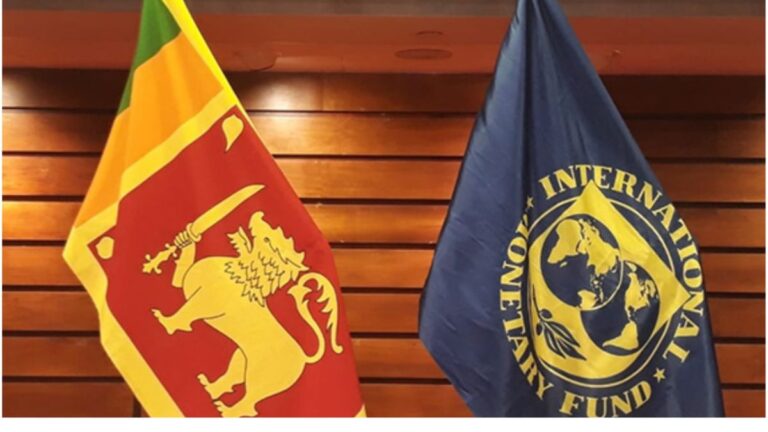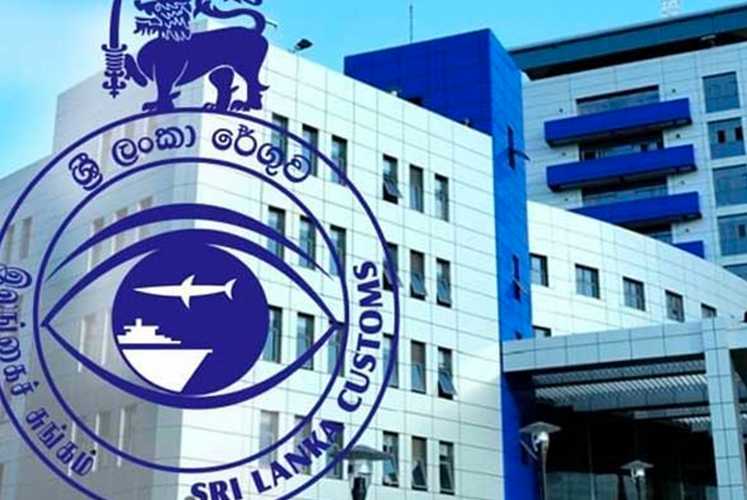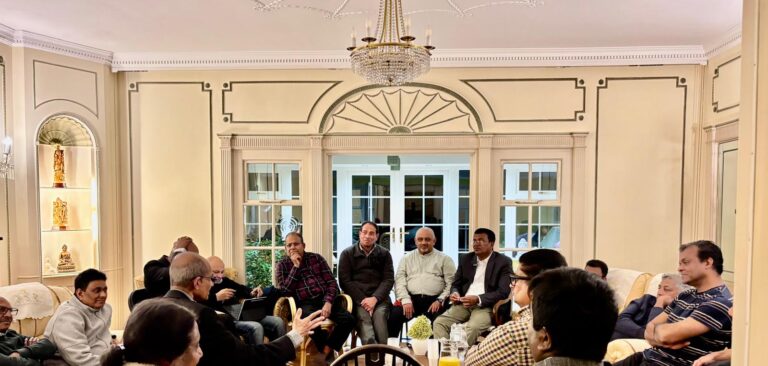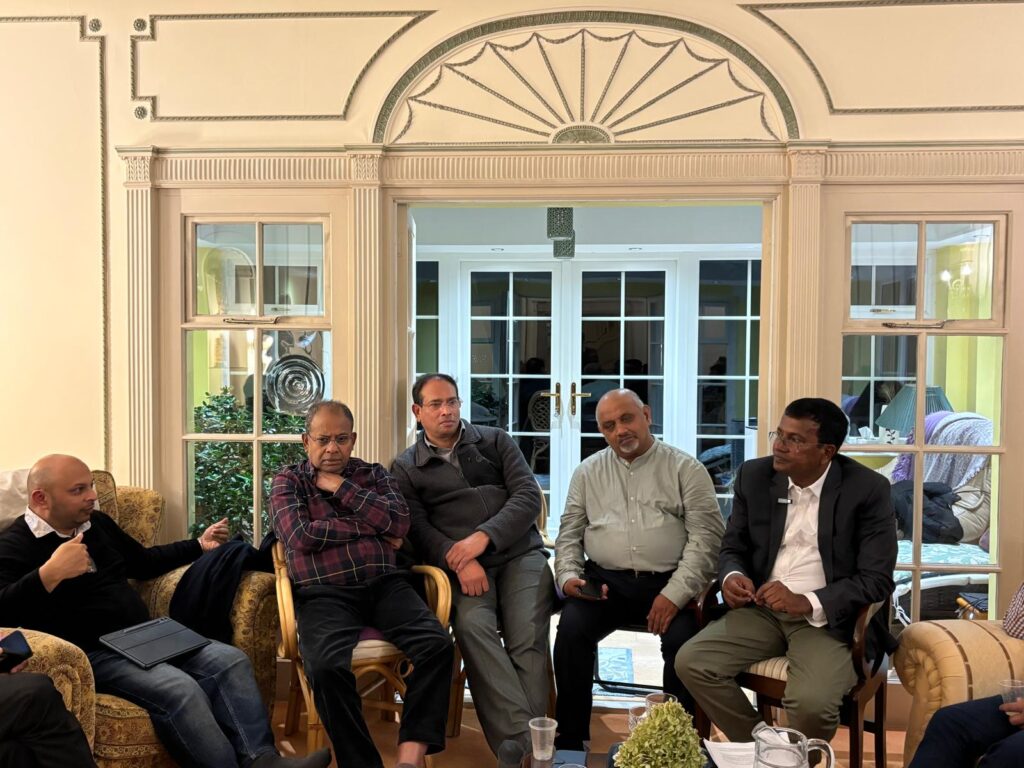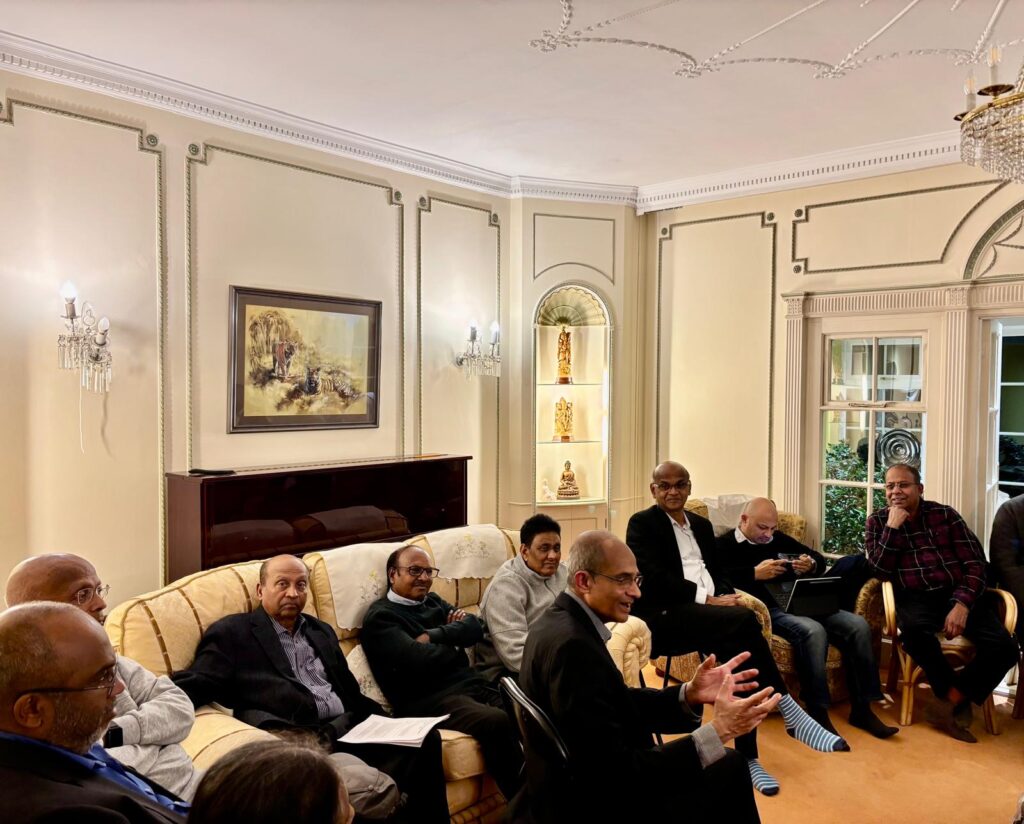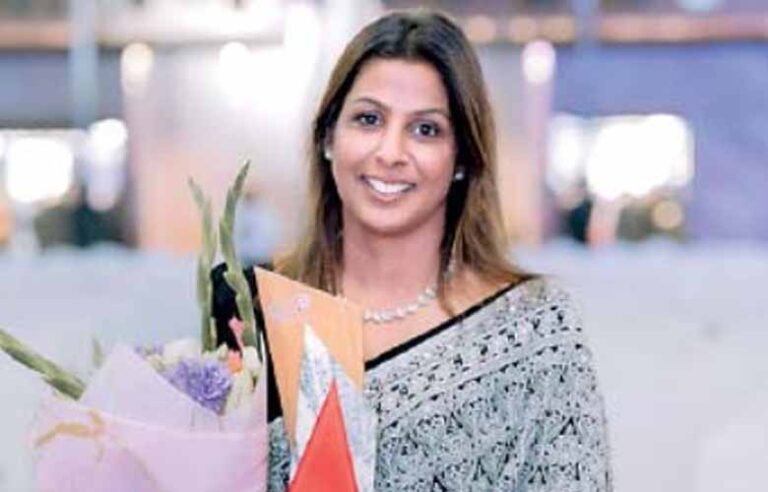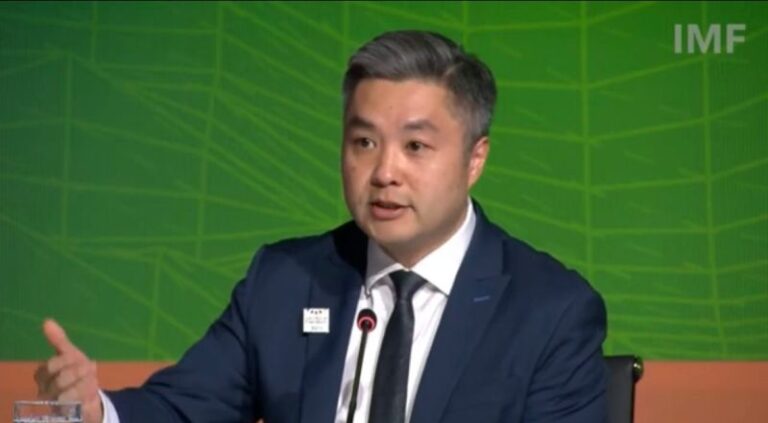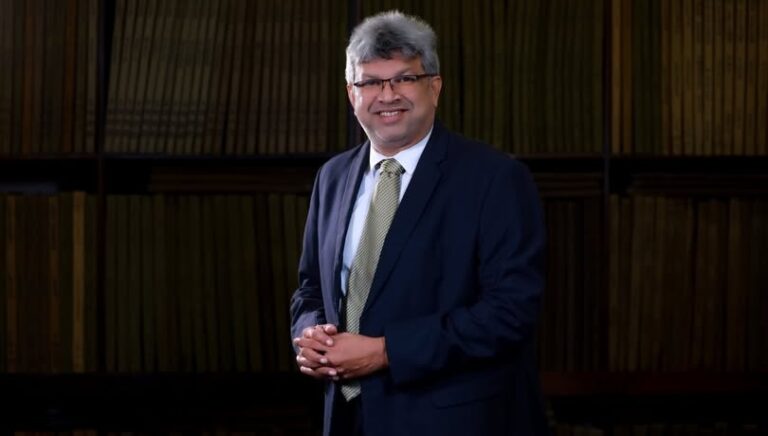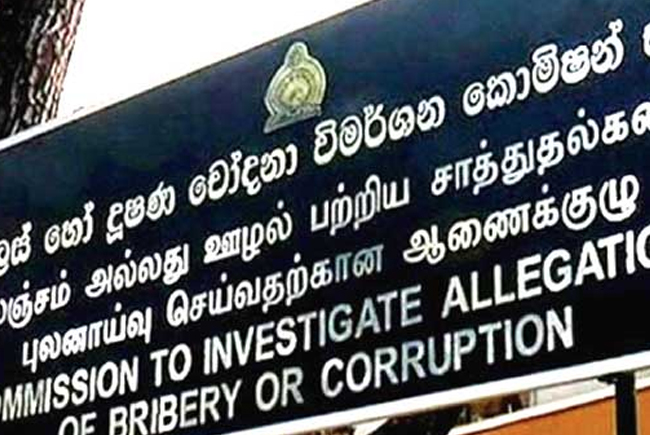The International Monetary Fund (IMF) has praised Sri Lanka’s continued progress under its economic reform program, noting that the country is experiencing strong growth momentum following its recovery from a deep financial crisis.
At a regional economic outlook briefing, Krishna Srinivasan, Director of the IMF’s Asia and Pacific Department, and Thomas Helbling, Deputy Director, provided updates on Sri Lanka’s economic performance and reform efforts.
Helbling stated that Sri Lanka is now reaping the rewards of program implementation after enduring a severe recession.
“After a deep recession during the crisis, Sri Lanka has now implemented the program and is benefiting from very strong growth — 5% last year, with an estimated 4.2% this year and next year, going toward a potential growth rate of around 3%,” he said.
He emphasized that continued implementation of IMF-backed reforms is essential to sustain the recovery.
“The key advice is to continue with program implementation, realize the full benefits of the reforms, and ensure that growth remains on track. For Sri Lanka, it’s important to stay on the path of stabilization,” he added.
Helbling further highlighted the importance of fiscal consolidation, state-owned enterprise reform, and sound institutional frameworks to maintain macroeconomic stability and ensure long-term success.
Echoing his remarks, Srinivasan said Sri Lanka has made remarkable progress compared to just a few years ago.
“Sri Lanka has come a long way from where it was. Our message is to stay the course. The country has already done the difficult part — by continuing with reforms, it will continue to see the benefits,” he said.
The IMF officials also stressed the need to strengthen governance and public investment management while maintaining fiscal discipline. Helbling acknowledged “impressive progress” in meeting structural benchmarks, including electricity pricing reforms and cost recovery measures.
Both officials reaffirmed the IMF’s support for Sri Lanka’s reform path, emphasizing that staying committed to reforms is crucial to ensure sustained growth, fiscal stability, and economic resilience.

